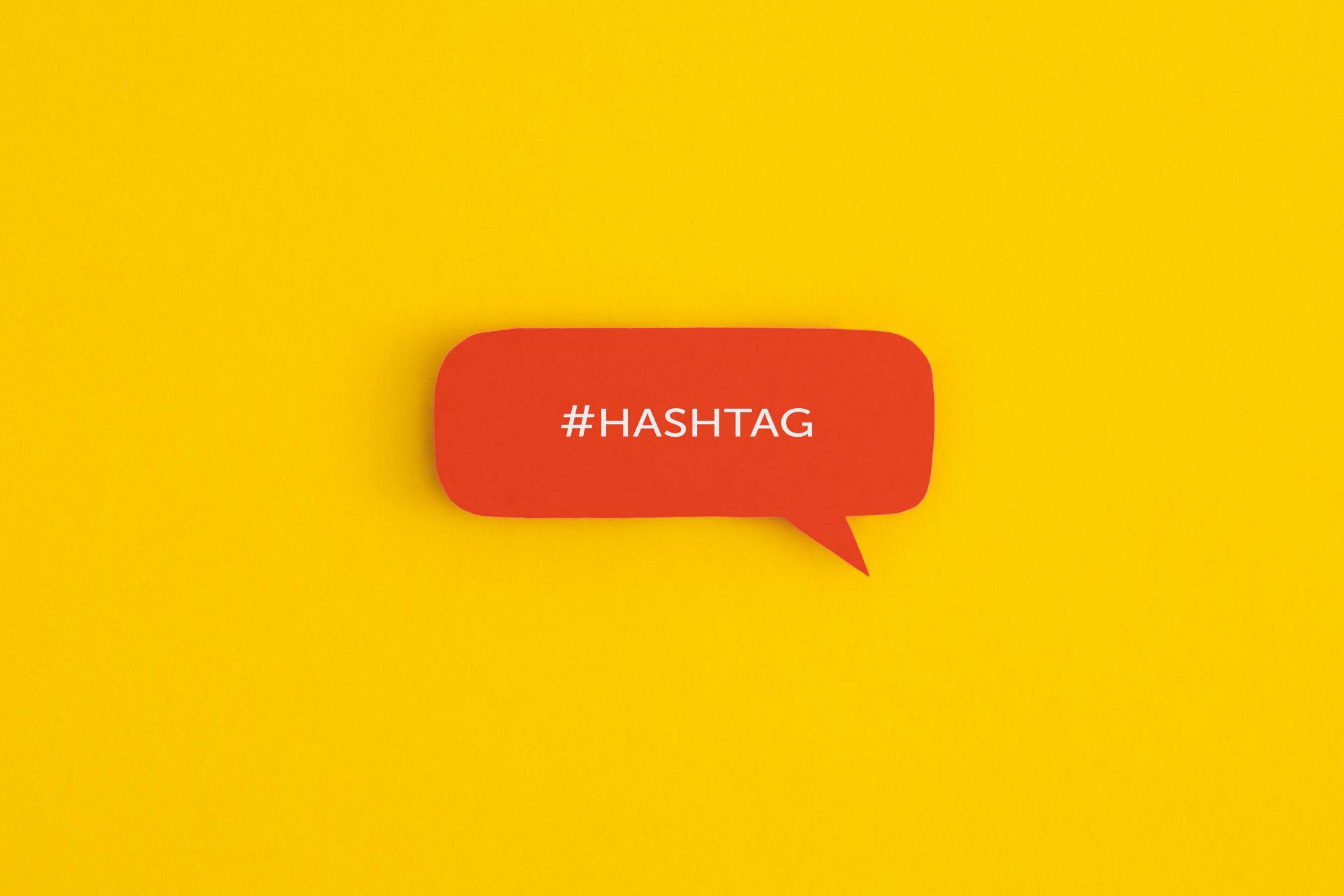Plastic may in recent years have seen a decline in its popularity with increasing awareness amongst the masses around the kind of hazard it poses to the planet. Yet, its everyday use has only seen an uptick, with global plastic production doubling between 2000 and 2019.
Plastic recycling has been championed as the way out of the problem, insinuating that if you, the consumer, engage in healthy recycling habits, the adverse effects of plastics on this planet can be mitigated, which is not true. Only 9% of all the global plastic waste generated between 1990 to 2019 has been recycled, which stands at 13% for India, with 36% ending in landfills. In India, 60% of plastic waste is recycled, out of which only 70% is reclaimed by registered centers. A lot of Plastic finds its way to landfills, where it contaminates the soil and groundwater, and incinerating it adds to air pollution. Such landfills are known to cause health hazards to communities residing in the vicinity. Also, recycling plastic usually means repurposing them into pellets etc., and is not recyclable endlessly unlike glass and aluminum and eventually disintegrates to the point of no return after a few times rendering it a waste anyway.
Ruining Environment is a Big Business
The truth is, virgin plastic is cheaper to make than recycling it and is a big business for oil giants. The campaigns around how if consumers separate their trash into the right dustbins can help in reducing plastic pollution is a lie, significantly since plastic production is projected to balloon to 1100 million tonnes by 2050 from 400 million tonnes today
Corporates & Unethical Practices: Failing to deliver but passing the buck
Touting plastic recycling as a viable alternative to its increasing consumption is an easy way out for manufacturers of such products to keep pushing more plastic into the market and into the hands of the consumers. At the same time, the responsibility of recycling it has been carefully shifted onto us. There has been a recent resurgence of discussions around the issue of microplastics, which have started to find their way into human bodies. Recent discovery of microplastics in Antarctica’s freshly melted snow has sent alarm bells ringing across the scientific community with the last place on earth thought to be pristine and untouched of plastic pollution finding its name creeping up into the list. There is no second-guessing as to the havoc plastics have unleashed onto the planet and our lives and cannot be addressed alone by changing consumer habits. Plastic recycling is only one of many examples of Corporations indulging in unethical practices to shed off their responsibility as a stakeholder in the planet’s future, for example, when Volkswagen was found cheating on US emission tests for its diesel cars. Its only when they are caught that they scramble in to douse the fire and spend millions of dollars on ad campaigns to change their public perception to that of a responsible company that operates on a set of values. Their recent efforts of claiming to reduce their carbon footprint is one such example, where they’ve conveniently left out Scope 3 emissions from their carbon reduction pledge which constitutes a major chunk of their emissions.
For years ad campaigns have been run telling individual consumers to adopt sustainable practices in their daily lives to contribute to a healthy environment, and rightfully so but corporations who are easily responsible for the worst of such practices conveniently find escape routes to avoid their responsibility and are only held accountable by the public when their shoddy practices become public. From promoting the consumption of tobacco in early 20th century to funding studies denying climate change, such floundering of public sentiment based on, at best shady practices by these corporations cannot be allowed to increase further. It should be subjected to increased public scrutiny, for they might claim to work in the interests of their shareholders. Still, when their actions start affecting the population, it necessitates that the planet’s needs trump their privileges. But for now, Plastic recycling is a sham! It is too important an issue to be left for corporates. We, the citizens must take charge!
Shikhar is a graduate in law with a knack for reading. He also likes to read up on issues of public policy and international politics. Being a tech enthusiast, he ardently follows the current happenings around all things technology. He likes to watch movies in his pastime and is also a hip-hop aficionado.



